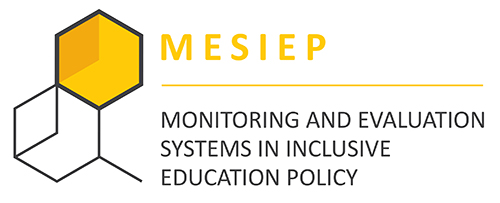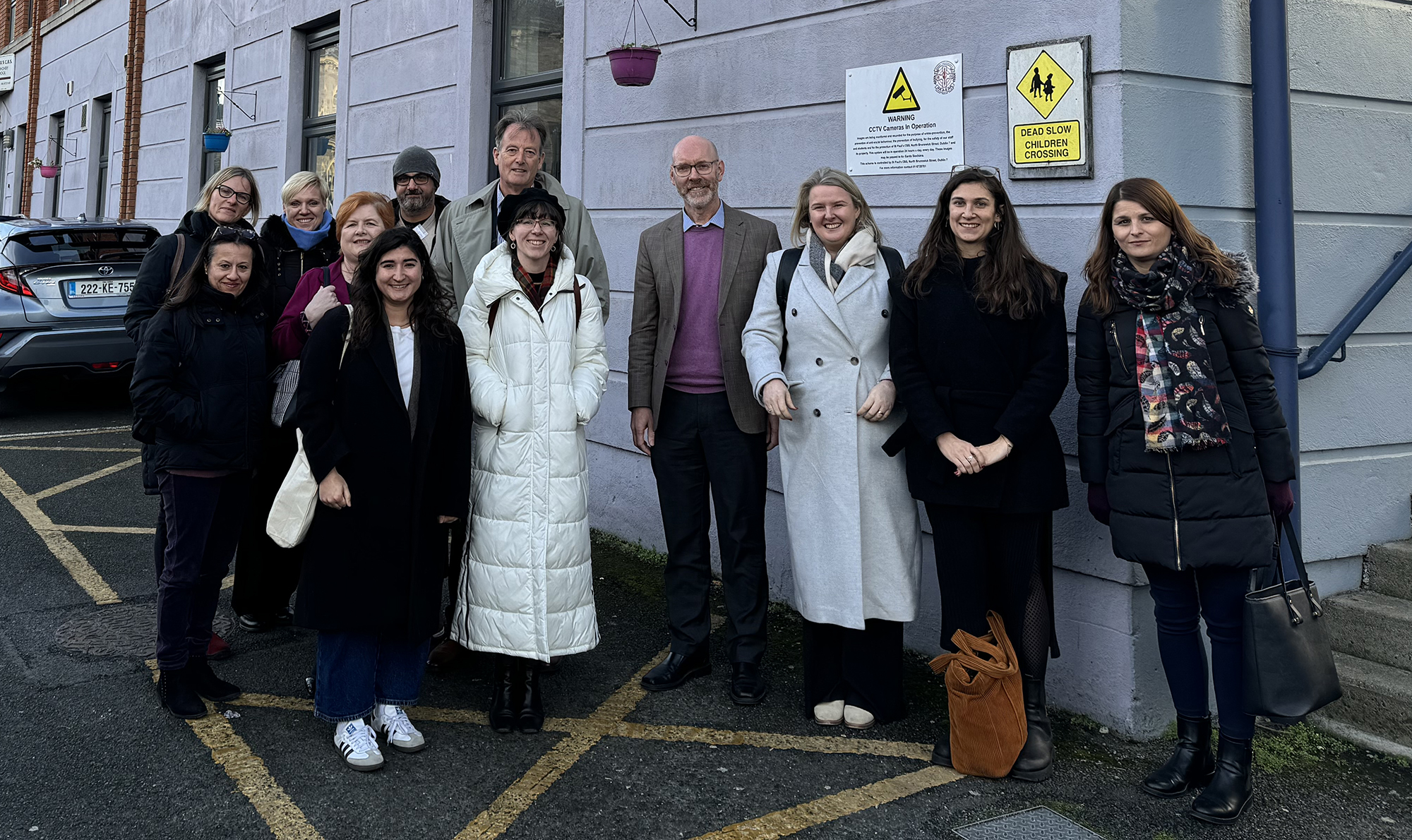
The second peer-learning activity (PLA) in the Monitoring and Evaluation Systems in Inclusive Education Policy (MESIEP) activity took place in Zagreb, Croatia, on 15 April. The event, which involved stakeholders from Croatia, Ireland, Malta and United Kingdom (England), aimed to explore self-evaluation processes at school level. This is a particular focus of the activity’s second phase throughout 2025.
During the PLA, stakeholders were invited to a local primary school, where staff and the school leader presented the school’s self-evaluation processes, including the results from a survey conducted with learners, parents and teachers about inclusive education. They also shared information about the different activities the school organises in favour of inclusion. Another primary school from Osijek, Croatia, joined the meeting online to present different methods used to include learners with special needs in school life.
The PLA also examined the institutions outside countries’ ministries of education that are responsible for monitoring and evaluating inclusive education. As such, representatives from four Croatian Ombudsman offices (Ombudswoman, Ombudsman for Children, Ombudswomen for Gender Equality, Ombudsman for Persons with Disabilities) presented their roles in monitoring and evaluating inclusion. Additionally, two civil society organisations, the Croatian Down Syndrome Association and the Ambidekster Klub, showcased their innovative efforts to support learners vulnerable to exclusion.
The stakeholders from the different countries had the opportunity to reflect and share their countries’ practices. The MESIEP participants will use these reflections and information from the PLA in their work to explore monitoring and evaluation in inclusive education and self-evaluation processes.
The MESIEP web area contains more information about the activity.

